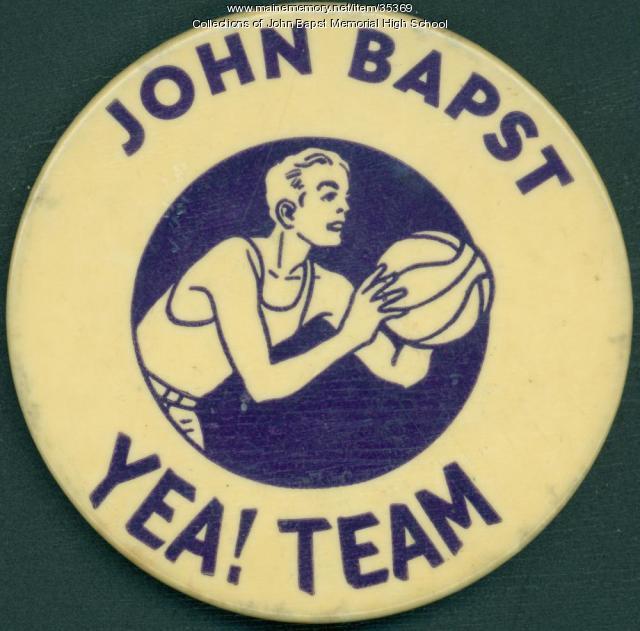Keywords: priests
- Historical Items (50)
- Tax Records (0)
- Architecture & Landscape (0)
- Online Exhibits (10)
- Site Pages (9)
- My Maine Stories (5)
- Lesson Plans (0)
Online Exhibits
Your results include these online exhibits. You also can view all of the site's exhibits, view a timeline of selected events in Maine History, and learn how to create your own exhibit. See featured exhibits or create your own exhibit
Exhibit
Father John Bapst: Catholicism's Defender and Promoter
Father John Bapst, a Jesuit, knew little of America or Maine when he arrived in Old Town in 1853 from Switzerland. He built churches and defended Roman Catholics against Know-Nothing activists, who tarred and feathered the priest in Ellsworth in 1854.
Exhibit
Father Rasles, the Indians and the English
Father Sebastien Rasle, a French Jesuit, ran a mission for Indians at Norridgewock and, many English settlers believed, encouraged Indian resistance to English settlement. He was killed in a raid on the mission in 1724 that resulted in the remaining Indians fleeing for Canada.
Exhibit
John Bapst High School was dedicated in September 1928 to meet the expanding needs of Roman Catholic education in the Bangor area. The co-educational school operated until 1980, when the diocese closed it due to decreasing enrollment. Since then, it has been a private school known as John Bapst Memorial High School.
Exhibit
Evergreens and a Jolly Old Elf
Santa Claus and evergreens have been common December additions to homes, schools, businesses, and other public places to America since the mid nineteenth century. They are two symbols of the Christian holiday of Christmas whose origins are unrelated to the religious meaning of the day.
Exhibit
Like many cities in France, Lewiston and Auburn's skylines are dominated by a cathedral-like structure, St. Peter and Paul Church. Now designated a basilica by the Vatican, it stands as a symbol of French Catholic contributions to the State of Maine.
Exhibit
Baseball often is called the National Pastime. For many people, baseball is encountered in the backyard and down the street, a game played by a few or the full contingent of a team.
Exhibit
Anglo-Americans in northern New England sometimes interpreted their own anxieties about the Wilderness, their faith, and their conflicts with Native Americans as signs that the Devil and his handmaidens, witches, were active in their midst.
Exhibit
From French Canadians to Franco-Americans
French Canadians who emigrated to the Lewiston-Auburn area faced discrimination as children and adults -- such as living in "Little Canada" tenements and being ridiculed for speaking French -- but also adapted to their new lives and sustained many cultural traditions.
Exhibit
Mainers have been held prisoners in conflicts fought on Maine and American soil and in those fought overseas. In addition, enemy prisoners from several wars have been brought to Maine soil for the duration of the war.
Exhibit
We Used to be "Normal": A History of F.S.N.S.
Farmington's Normal School -- a teacher-training facility -- opened in 1863 and, over the decades, offered academic programs that included such unique features as domestic and child-care training, and extra-curricular activities from athletics to music and theater.










